Washington, MINA — A coalition of law firms and legal advocacy groups announced Monday the first legal challenge to the Donald Trump administration’s ban on immigrants for majority Muslim countries.
Thirty-six plaintiffs in the case since the Supreme Court ruled in support of the Trump administration in the case include U.S. citizens, as well as a mix of lawful permanent residents and foreign nationals from Iran, Libya, Somalia, Syria, and Yemen.
The nation’s top court ruled last month to uphold the administration’s latest version of the travel ban that currently includes Libya, Iran, North Korea, Somalia, Syria, Venezuela and Yemen.
The lawsuit does not seek to challenge the legality of the travel ban. “The ban is the law of the land,” said Sirine Shebaya, a senior lawyer at Muslim Advocates, a group in the coalition.
Also Read: Trump, Mamdani Aim for Cooperative Relationship After White House Meeting
But it mounts an attack on a provision within the travel ban that allows access on a case-by-case waiver.
A waiver could be provided if an individual is able to prove “undue hardship” if entry were denied, did not pose a threat to U.S. national security, and would be of “national interest” to allow that person in the country.
The lawsuit argues that the Trump administration has failed to offer any sort of guidance or process to apply for such waivers.
The administration has failed to allow a way to submit documents to show consideration for a waiver and a lot of the process is left up to consular officials, according to Shebaya.
Also Read: Trump to Meet with NYC Mayor-Elect Mamdani at White House on Friday
The lawyer said one consular official described the current process as a fraud because officials were told to deny as many cases as possible.
Sudi Wardere, a Somali-American and a client to suit, was married in 2016 in South Africa. In October 2016, she applied for a visa for her husband and it was approved in March.
Her husband received two interviews but has yet to receive an answer on his application. While waiting for her husband to come to the U.S., Wardere has been raising the couple’s 1-year-old son.
“I gave birth all by myself in the hospital,” Wardere said, followed by a long pause as she tried to hold in her emotions.
Also Read: Report Exposes Canada’s Role as ‘Weapons Transit Corridor’ for Israel
The past two years have been difficult for Wardere, as she has had to take her son to the hospital four times due to frequent illnesses.
She said she feels unwelcome in the U.S. because her religion is being attacked along with her country of origin.
One of her worries is that when her son grows up and asks where his father is, she will not be able to explain why he is not with them.
“As I take my son to the park, and I see all the fathers [with their kids], I wonder why my husband isn’t allowed here,” Wardere said.
Also Read: Trump Designates Saudi Arabia as Major Non-NATO Ally in Historic Defense Pact
Is not uncommon
Wardere’s case is not uncommon, said Shabnam Lotfi of Lotfi Legal. Many American citizens have been separated from their loved ones, with no way of knowing when they would see them again.
There are currently 28,276 cases that are eligible to obtain visas. Nearly 1,000 cases have been cleared for waivers, but the government has not responded to requests for the actual number of waivers granted, according to Shebaya.
“The fight is not over, and we are taking the next legal battle,” said Shebaya. “It opens up the next chapter in the fight against the Muslim ban.” (T/RS5/RS1)
Also Read: Saudi Arabia to Boost US Investments to $1 Trillion: Crown Prince
Mi’raj Islamic News Agency (MINA)





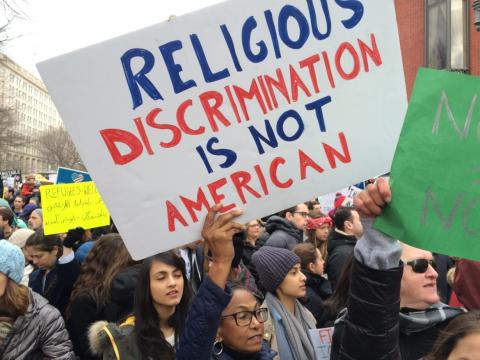







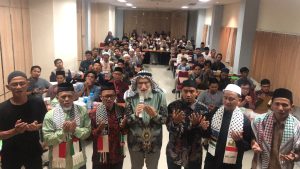


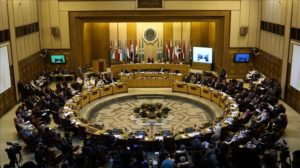

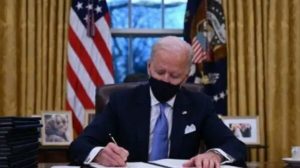
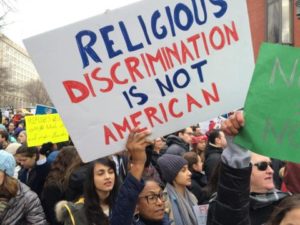
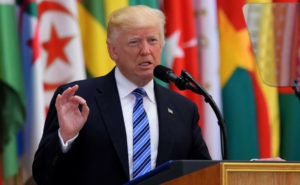












 Mina Indonesia
Mina Indonesia Mina Arabic
Mina Arabic